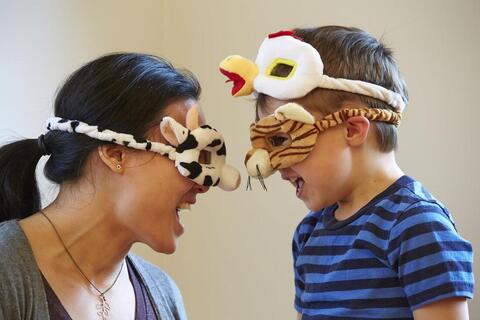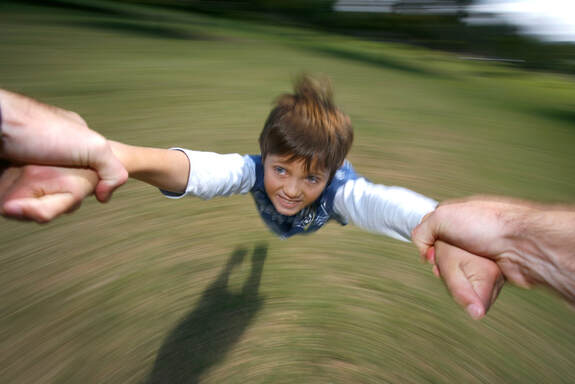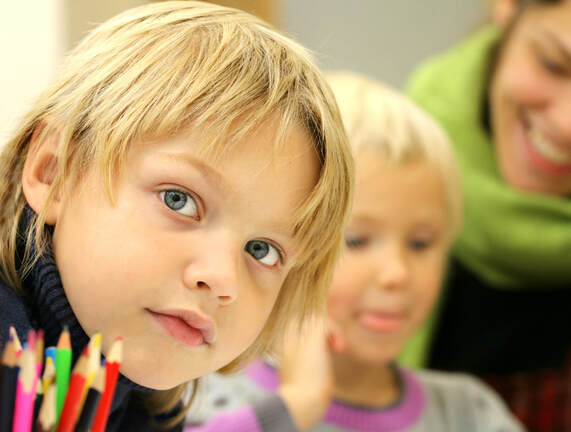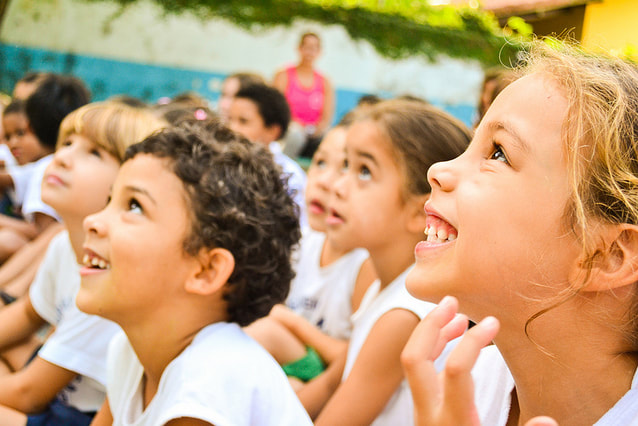executive functions
|
|
Thursday 5th September 7-9pm
Chapel Hill Uniting Church Hall Cnr Moggill Rd and Chapel Hill Rd $90 pp or $160 per couple |
Sensory Processing - The basicsWhen we explore any of the topics of child development in our seminars, we always include the pyramid of development. Noting that all aspects of development are supported by an awareness, interpretation and response to the world around us and within us.
In short: it's supported by Sensory Processing. When children or adults alike, have challenges relating to sensory processing it can impact learning, behaviours, and socialisation. In this workshop we'll go back to basics. What are our senses...all 8 of them? How do they influence development and behaviour? How can you support a sensory child at home, school and in the community? |
Online presentation coming soon.
|
put your own oxygen mask on firstNo matter what role you play in children's lives, as parent, teachers, health providers....we often find it difficult to take the time for our own down time and self care.
This group is designed for anyone who has cared for another person, from those who have been there and done that, to those starting the journey. This session will involve some physical activities, immersive experiences as well as the exploration of theory behind the value of looking after ourselves. We will remember the circle of security, concepts of co-regulation and self regulation and signs of burnout. |
|
BUILDING FUN INTO FAMILy life

This presentation will focus on building fun into family life by covering a range of topics:
•Acknowledging stressors for children and families (sensory, behaviour, learning)
•How stress and anxiety manifests for children
•Linking strategies to manage stressors with everyday and fun situations
•Considering a variety of tools and strategies
•Remembering how to work through challenges from a Dr Ross Greene perspective
Presented by OT's, Mary Rydstrom and Robyn Sims
ONLINE PRESENTATION
This presentation will focus on building fun into family life by covering a range of topics:
•Acknowledging stressors for children and families (sensory, behaviour, learning)
•How stress and anxiety manifests for children
•Linking strategies to manage stressors with everyday and fun situations
•Considering a variety of tools and strategies
•Remembering how to work through challenges from a Dr Ross Greene perspective
Presented by OT's, Mary Rydstrom and Robyn Sims
ONLINE PRESENTATION
BEYOND SENSORY PROCESSINGThis will be a series of evenings which will remind us of the basics of sensory processing challenges, and then look beyond this, as we remember that this is one piece of a complex puzzle in terms of children's behaviour and what they are really telling us through this.
We are both very big believers in thoughts such as Dr Ross Greene's 'Kids do well if they can'. In our series of talks we'd like to offer parents, carers, teachers, everyone the opportunity to discuss how these concepts link together, how sometimes goals such as participation are the most important, how sometimes sensory 'cues' lead us away from what's happening, and how we love being part of 'Plan B' (Ross Greene). These nights will be part listening and learning, part experience, and part question/answer problem solving. Please note: each talk in this series is a stand alone talk and can be attended in any order. Part 3: The Sensory Systems Understanding how the body and brain, perceive and react to information from the world around us and within us. Exploring why some kids (and adults) are overwhelmed by a little sensory input and others seem to endlessly seek sensations and how this impacts behavioural and emotional regulation. |
Presented by OT's
Mary Rydstrom and Robyn Sims This presentation will be moving to an online option Watch this space for launch date and access information |
The POWER OF PLAYOur children are growing up in a society where free play is becoming a precious commodity.
Early years school programs are now less play based than they were a decade ago and organised extracurricular activities are on the rise. How does this affect the developmental opportunities of our children? Learn about the stages of play, the benefits of different types of play and explore how to really connect with children through play. |
PREPARING FOR PREP
The first year of school is a big step for many little people and their families
What are some of the skill sets which help kids to prepare for the academic, social and physical requirements of prep? We will look at: Sensory processing Self regulation of behaviours and emotions Functional fine motor skills Postural control Motor skills using large muscles groups As well as ways in which parents can support their children in this transition. |
energised and engaged
Self regulation is the ability to monitor and control our reactions to different experiences within different environments.
Studies have indicated that the ability to self regulate is a key predictor of success at school and across many other areas of life. It is viewed by teachers to be a primary indicator of school readiness. How do we help our children when they struggle with self regulation? Learn practical strategies and tools for school and home. What are some of the factors which can contribute to emotional and behavioural outbursts and challenges? (from our wiggly worms to our explosive kids and not forgetting our tired and tuned out little ones as well) |
capable kids
In the push for academic outcomes right from the early years of schooling the development of skills relating to motor planning, postural control and dexterity have somehow taken a back seat.
However these are essential skills, to not only support academic outcomes, but also foster self esteem and confidence in children. What is motor planning and what are the implication of challenges in this area? Why is postural control important and how do we support it's development? How do we support the motor skills which underlie handwriting and other fine motor skills? |
If you have a topic in mind and don't see it in the selection above,
please contact us to discuss the option of adding it to our presentations for you.
Most presentations run for 90 minutes.
However we can accommodate from 30 minutes to 4 hours depending on your need.
We can present for small groups through to large events.
Contact us for a quote at a venue of your choice.
please contact us to discuss the option of adding it to our presentations for you.
Most presentations run for 90 minutes.
However we can accommodate from 30 minutes to 4 hours depending on your need.
We can present for small groups through to large events.
Contact us for a quote at a venue of your choice.







